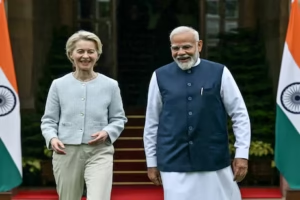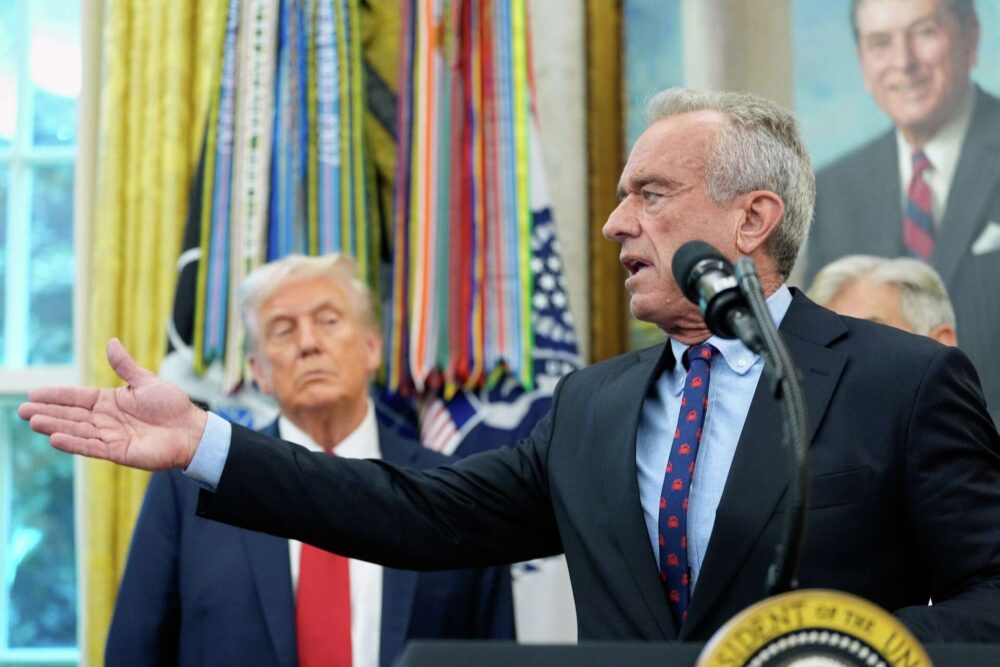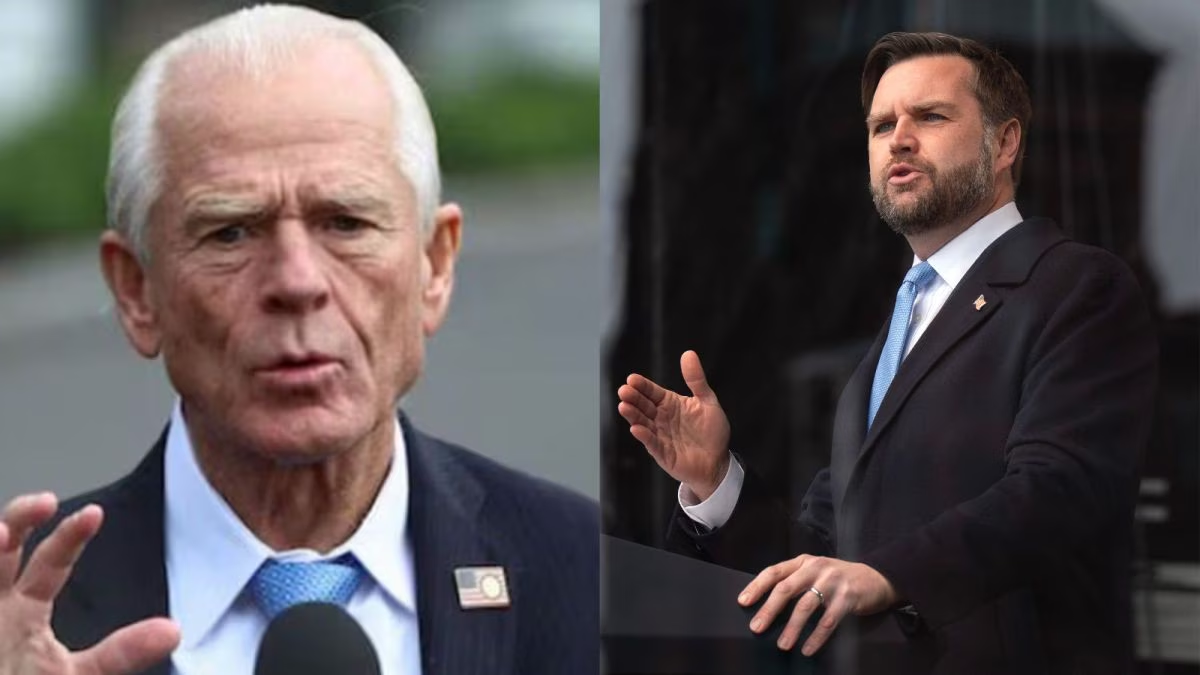An extensive investigation has revealed that more than 420 bills undermining established public health protections have been introduced across U.S. state legislatures in 2025. These measures challenge long-standing safeguards including vaccination requirements, community water fluoridation and milk pasteurization. Experts warn that the trend poses serious risks to public health and may reverse decades of progress.
The wave of legislation spans the country and reflects an organized campaign backed by advocacy networks closely tied to prominent figures. Around 30 of these bills have already been enacted in 12 states. The laws often employ rhetoric emphasizing “health freedom” and individual choice, even as they move away from evidence-based medical and scientific standards.
One key example involves the case of a family whose child died from a disease preventable by vaccination. The tragedy has become a dire reminder that community immunity depends on broad compliance—not just individual decisions.
The new bills frequently target three core public health practices. In the case of vaccines, proposed legislation seeks to ease exemptions, impose waiting periods, restrict mandates or create special protections for the unvaccinated. Regarding fluoride, some bills call for ending or limiting its addition to drinking-water systems. Others aim to legalize or expand access to raw, unpasteurized milk, which has been repeatedly linked to outbreaks of serious illness.
Many such measures are supported by national organizations that lobby aggressively at state levels. These groups provide model language, coordinate advocacy campaigns and encourage local activists to testify before state legislatures. Their efforts mirror traditional lobbying networks and demonstrate a high level of political sophistication.
Public-health officials say that although most of these bills have not yet become law, the cumulative effect is destabilizing. They warn that allowing pockets of under-vaccinated populations or removing fluoride protections could lead to renewed outbreaks of diseases once thought nearly eradicated.
Lawmakers on the front lines of this debate argue there is a broader question at stake: the balance between individual liberties and collective safety. “When your personal decision puts others at risk, it is no longer simply about you,” argued one state legislator working to preserve vaccine mandates.
The momentum behind these reforms also highlights the changing dynamic of health policy in America. Rather than originating with scientific agencies, many initiatives now emerge from grassroots-style movements backed by national groups—and with real legislative success in some states.















